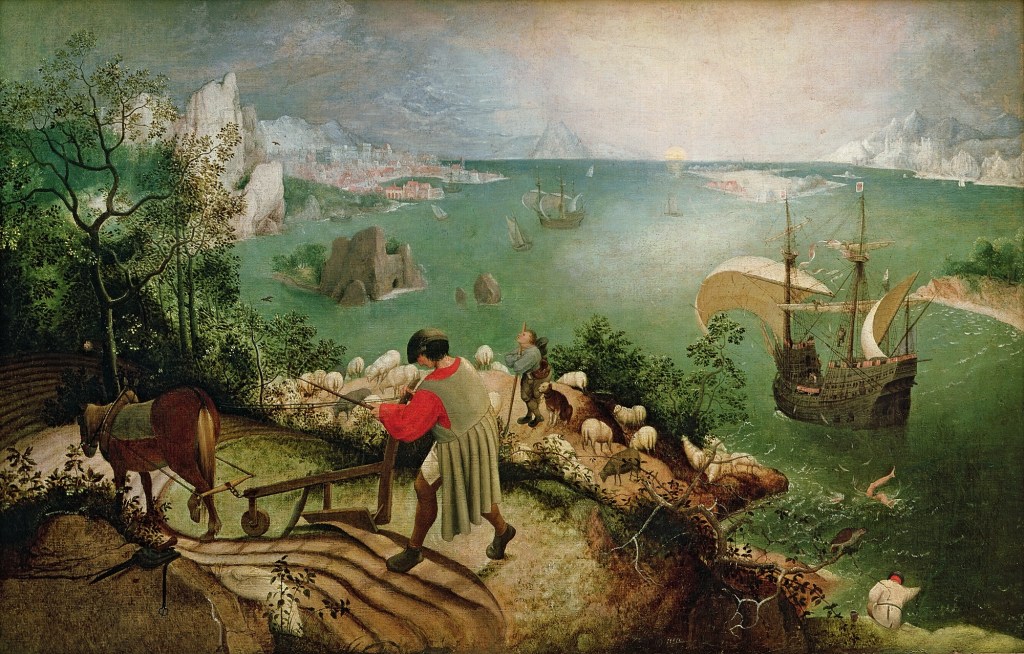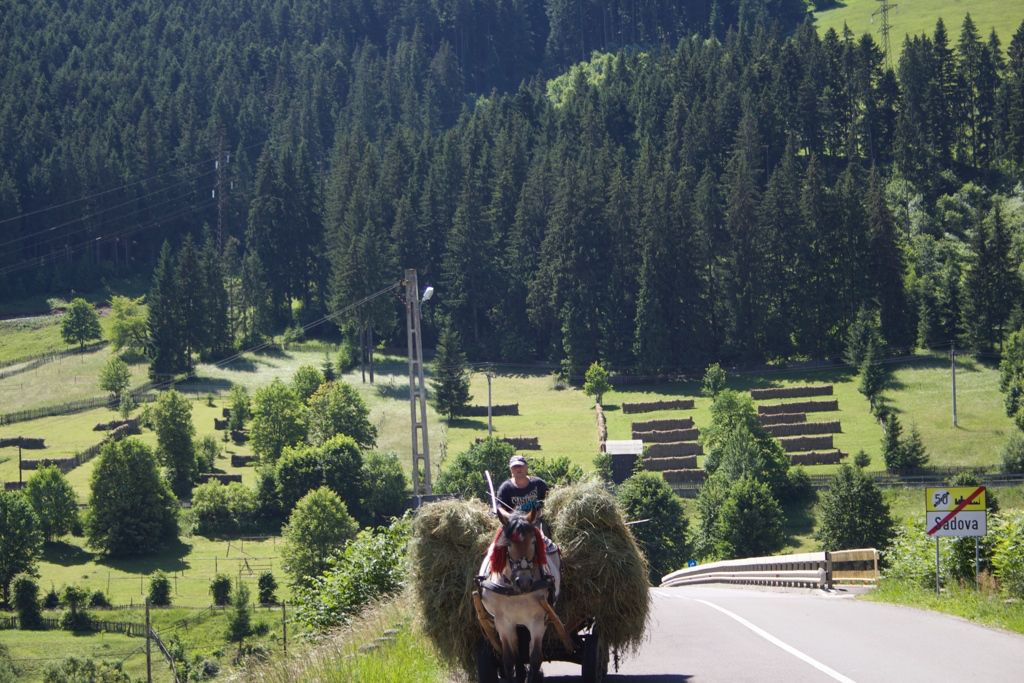
As the first of what are expected to be several planes chartered to bring in Romanian field workers landed at Stansted just over a week ago, the debate hots up as to whether Brits are too lazy to take on the arduous farm work lifting the food on which we all rely, now more than ever. According to one labour company trying to recruit workers, Concordia, 900 Brits had turned down the work, only 112 accepting the conditions, which normally involve long hours and living on site. Romania sends so many to work in the EU that whole towns are effectively emptied of every able-bodied man between their teens and their sixties. After December, when we finally crash out of the European Union, foreign workers will no longer be eligible for this seasonal, low-paid work as part of the government’s hostile anti-immigrant policy, the essential – if economically illiterate – bedrock of Brexit. No doubt they will also consider banning Brussels sprouts.
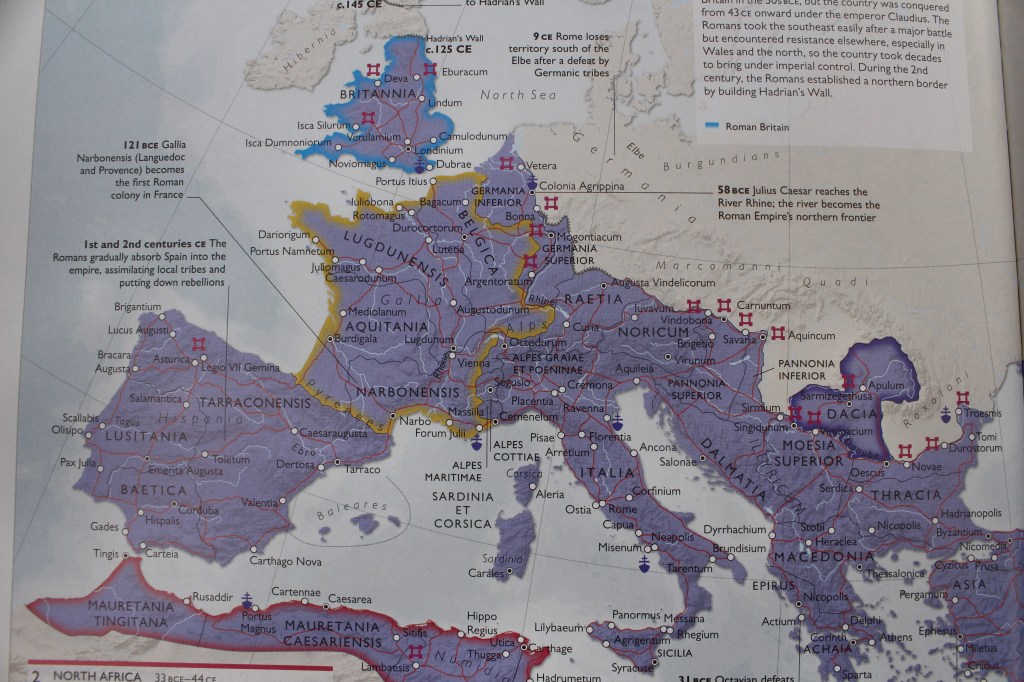
These regressive, inward-facing politics deny the millennia old European connections between these two outer wings of the Roman empire, Britain and Romania, then part of Thracia), connections I first explored at (and despite) the height of the Cold War in 1968, when we still picked our own vegetables and few Romanians travelled.
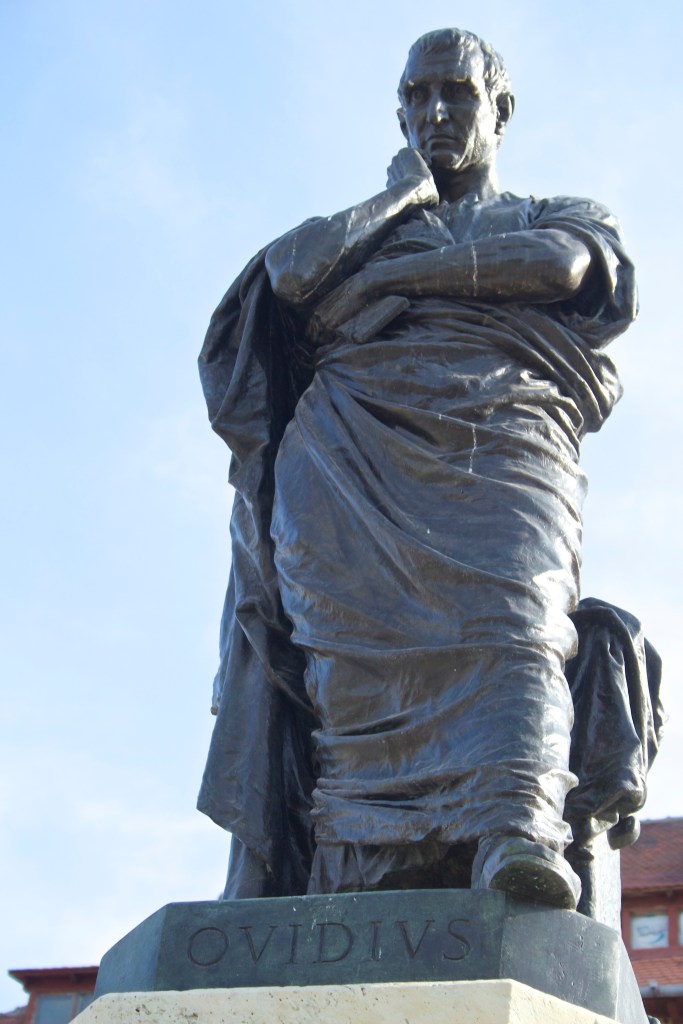
The influential Roman poet Ovid died there in 18AD, after ten years in exile on the Black Sea. The name Romania gives the clue: this was the empire’s Siberia, Tomis (now Constantia) the equivalent of the Irkutsk or Chita to which Moscow’s Decembrist rebels were exiled in 1825 by Tsar Nicholas I. Ovid was banished by the emperor Augustus in 8AD, it is presumed for his licentious verse, when Augustus was consolidating his power by taking on the role of Roman censor, which gave him control of the senate and census, as well as oversight of public morals. Among Ovid’s better-known works was the Ars Amatoria (the Art of Love), a 3-book elegiac poem on love and the art of seduction. The first two instruct men how to seduce and hold onto women, the third teaches women how to flirt and sleep with men of different ages. It is not difficult to see how making an example of this prominent poet might have worked as a moral whip-crack to constrain Roman society. Remember, it is only 60 years since Penguin was prosecuted in London for obscenity for publishing D.H. Lawrence’s Lady Chatterley’s Lover, in which the prosecutor infamously asked the jury to consider whether this was a book which “you would wish your wife or servants to read”.
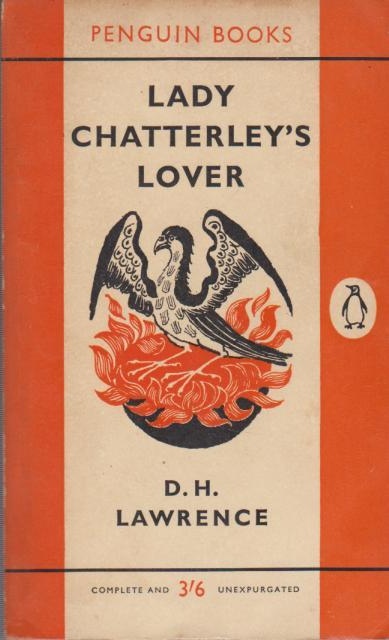
The defeat of that prosecution was a watershed moment, not just for publishing, releasing the cultural freedoms which characterised the Sixties and still scandalise more conservative minds. These speak of moral laxity, as no doubt Ovid was accused, but people forget that ‘moral’ derives from the Latin mores, custom, not ethics. Morals are really no better than what we are used to, and self-styled moral majorities merely seek to oppose change, dressing that as principle. The current moral consensus, occasioned by the Covid-19 threat, is to obey government fiat, socially distance and stay home. Ill-advisedly, the government has admitted it is surprised how obedient people have been. There has been a blight of people seeking to shame and report others they feel are not strictly adhering to the rules. In America, there is a right-wing reaction seeking to undermine the rules, defy the lockdown and quickly re-start the economy. This channels the Republican antipathy to strong government, a populist target adopted by the Johnson coup within the Conservative party, but happily reversed by the demands of the pandemic. Nonetheless, there is a growing fissure here between those favouring the caution the science (such as it is) recommends and those fearful of the growing economic consequences. Seeking to maintain some share of the moral high ground, the latter point to the social consequences of a sustained lockdown, the growth in mental illness and domestic murder, the potentially lethal long-term impacts of a full-blown economic recession. That they don’t consider these outcomes when promoting Brexit doesn’t strike them as inconsistent, because their principles are flexible and their intellect limited.

Augustus, Caesar’s great nephew, adopted son and heir, became the first Roman emperor and reigned for 40 years, establishing the pax Romana and allegedly on his deathbed saying he found a Rome of clay and left it built of marble. Ovid remained a major influence on poets, writers and troubadours throughout the Middle Ages and is referenced by everyone from Chaucer to Shakespeare, Dryden to Montaigne, James Joyce to Bob Dylan. Trump is panicking that his second term hopes will die along with the thousands of people condemned by his arrogant indifference, so laying fallacious claim to taking a lead in stopping its spread, despite supporting the early repeal of lockdown.

While opposing early relaxation, Johnson has until now taken the opposite role – contrary to his hero Churchill in World War II – by remaining out of vision (and Cobra meetings) since even before his own illness, sending his under-strappers to take the flak, more like Kitchener or Haig in World War I. Having exiled himself to Chequers, he no doubt calculated that, when the reckoning is had, he will escape censure by not having been in the driving seat. Not quite the imperial figurehead a country in crisis wants, nor the voice of moral authority the situation requires. Ovid still yearned to return to Rome before his death, but was denied. By strange coincidence, Ovid is now an international medical research platform, while Sage, the government’s science advisory group, is found to have been infiltrated by Vote Leave Svengali Dominic Cummings and a henchman. Nero is now back in Downing Street, to explain that and the ongoing failures of his government. He could have spent the time reading Ovid’s magnum opus epic Metamorphoses, a highly idiosyncratic history of the world, supported by 250 myths, much like the Prime Minister’s career to date.

One of those myths is the tale of Icarus, who defied his father Daedalus and flew too close to the sun, melting his wax wings and depositing him in the drink. The famous Breugel painting features a ploughman unconcerned at the tragedy. Meanwhile some more Brits have pitched up in the fields of East Anglia to help release asparagus spears from the soil, but some 50,000 more are needed to pick all the fruit and veg if it is not to be left to rot. And even if they get the home grown volunteers, they will still need the experience of the Romanians to help train them.
